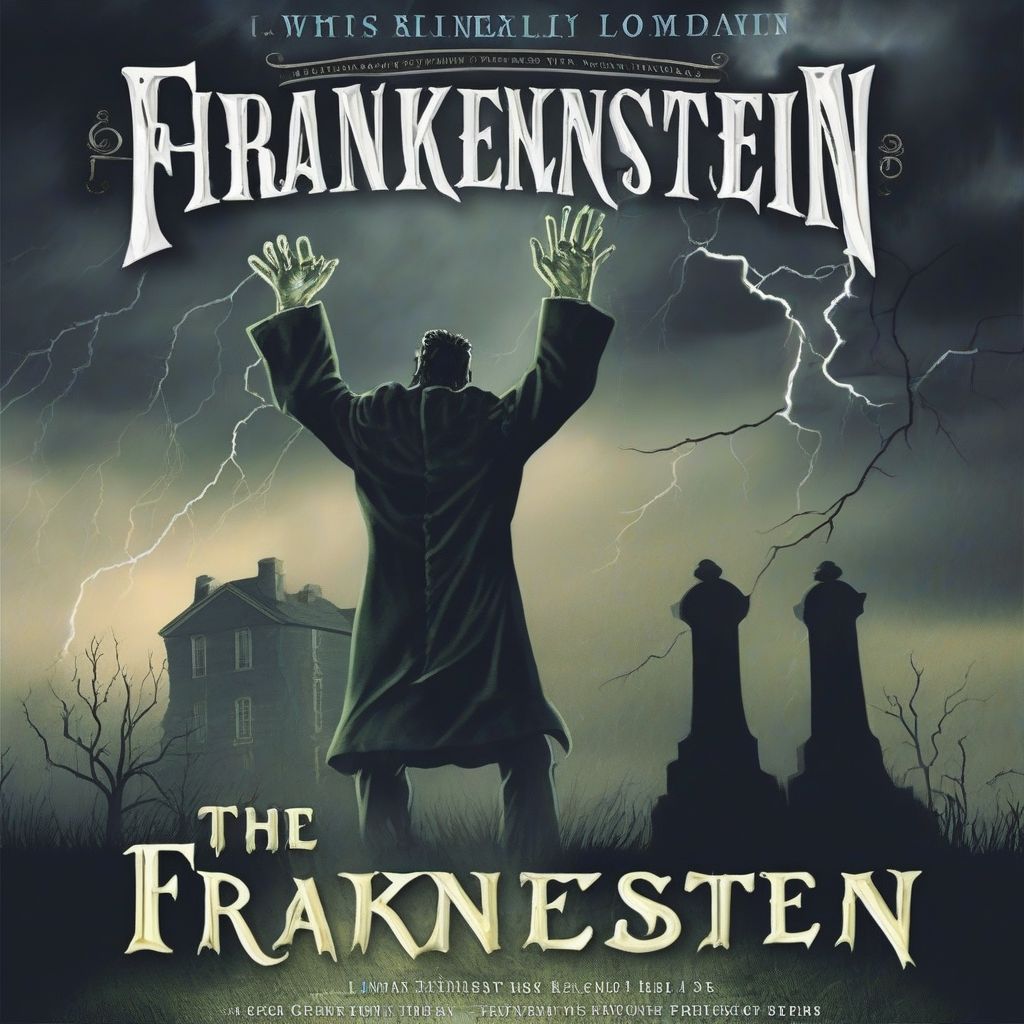Imagine stepping into a world sculpted by imagination, where technology bends to the will of brilliant minds and the impossible unfolds before your eyes. This is the allure of science fiction, a genre where authors weave intricate tapestries of the future, challenging our perceptions of reality and leaving an indelible mark on literary history. But what happens when the final page is turned, and the author steps back from the world they’ve created? How does an author’s legacy continue to shape the landscape of science fiction long after they’re gone?
The Ripple Effect: How Authors Shape the Future of Imagination
Science fiction authors aren’t just storytellers; they are architects of the impossible, pioneers venturing into the uncharted territories of human ingenuity. Their legacies, much like a stone cast into a still pond, create ripples that extend far beyond their own time.
A Foundation for Innovation: Planting Seeds of Inspiration
Think of Mary Shelley’s “Frankenstein.” This groundbreaking work, published in 1818, didn’t just give birth to the science fiction genre—it ignited a fascination with the ethical implications of scientific advancement that continues to resonate today. From artificial intelligence to genetic engineering, Shelley’s exploration of creation and consequence laid the groundwork for countless stories that grapple with the very essence of humanity in the face of radical technological progress.
 Frankenstein Book Cover
Frankenstein Book Cover
Building Worlds Brick by Brick: The Enduring Power of Worldbuilding
Consider J.R.R. Tolkien. His meticulous creation of Middle-earth in “The Lord of the Rings” transcended the boundaries of fantasy, influencing the landscape of science fiction worldbuilding for generations to come. Tolkien’s legacy lies not just in his captivating narratives but in his demonstration that fictional worlds, when built with depth and complexity, can resonate with readers on a profound level, fostering a sense of wonder and escapism that transcends time.
Social Commentary Through a Sci-Fi Lens: A Mirror to Society
Authors like Octavia Butler and Ursula K. Le Guin used science fiction as a powerful tool for social commentary. Their works tackled issues like race, gender, and social justice, challenging societal norms and sparking conversations that continue to shape our understanding of the world today. Their legacy lies in their fearless exploration of complex themes, proving that science fiction can be a powerful vehicle for social change.
Beyond the Page: The Legacy That Lives On
An author’s legacy extends far beyond their published works. It takes root in the hearts and minds of readers, inspiring generations of new writers and shaping the very fabric of the genre.
Passing the Torch: Inspiring Future Generations
Authors like Isaac Asimov, with his groundbreaking laws of robotics, and Arthur C. Clarke, whose visionary exploration of space travel continues to captivate readers, ignited the imaginations of countless aspiring writers. Their influence is evident in the works of contemporary authors who continue to push the boundaries of the genre, carrying the torch of imagination forward.
A Community Forged in Fiction: From Page to Fandom
Science fiction has always been more than just a genre; it’s a community bound together by a shared love for the unknown. Authors play a pivotal role in fostering this community, their work serving as a catalyst for fan conventions, online discussions, and countless adaptations that bring their creations to life in new and exciting ways.
Honoring the Past, Shaping the Future
The legacy of a science fiction author is a tapestry woven from innovation, inspiration, and an enduring commitment to pushing the boundaries of human imagination. By exploring complex themes, building immersive worlds, and sparking meaningful conversations, these authors leave an indelible mark on literature, influencing not just the future of science fiction, but our understanding of ourselves and the world around us.
As readers, we have a responsibility to engage with these legacies, to explore the works of past masters, and to support the next generation of science fiction authors who continue to shape the future of the genre.
What are some of your favorite science fiction authors, and how have their works impacted your view of the future? Share your thoughts in the comments below!
[amazon bestseller=”science fiction”]
